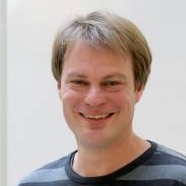
Nils Blüthgen (Chair)
Computational Modelling in Medicine
Institute for Pathology, Charité
Nils Blüthgen’s interdisciplinary team combines computational approaches (modelling, bioinformatics) with modern experimental tools and models (e.g. organoids, single-cell RNA-sequencing, CyTOF) to disentangle molecular networks involved in cancer progression and drug resistance. Nils Blüthgen is a physicist by training, did his PhD in theoretical biology on modelling MAPK signalling. After a postdoc in computational neuroscience he was a research fellow and honorary lecturer in Systems Biology at the University of Manchester, and short research stays in Bangalore (NCBS) and Paris (Institute Curie), he become group leader and professor for computational modelling in medicine at Charité and Humboldt University.
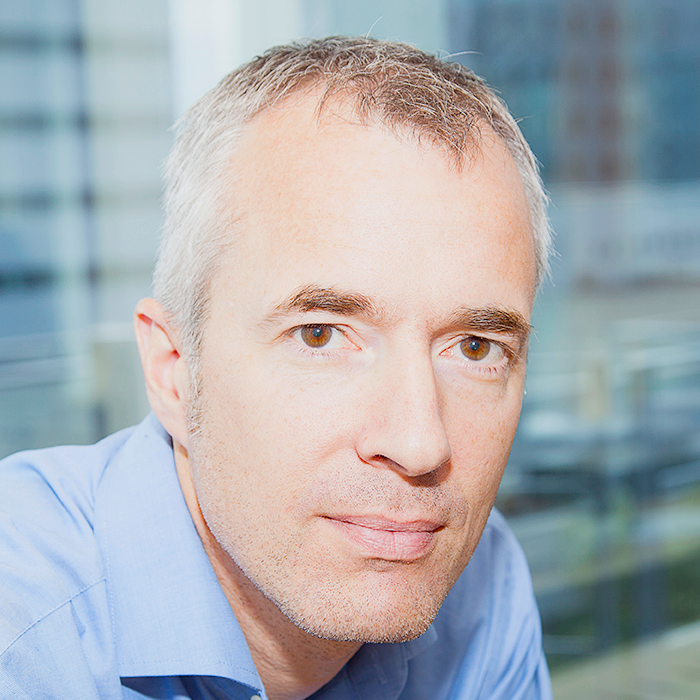
Ulf Leser (Co-Chair)
Knowledge management in bioinformatics
Humboldt Universität zu Berlin
https://www.informatik.hu-berlin.de/~leser/
Ulf Leser is professor for Knnowledge Management in Bioinformatics at the Institute for Computer Science at Humboldt-Universitaet zu Berlin. Though being a computer scientists by education, his research is highly interdisciplinary, He regularly cooperates with experts in different medical disciplines, with a focus on translational and fundamental cancer research. His expertise ranges from statistical bioinformatics to technologies for scientific data management and large-scale scientific data analysis. He is speaker of the Collaborative Research Center "Foundations of Workflows for Large-Scale Scientific Data Analysis (FONDA)" and of the collaborative research project "Comprehensive Data Integration for Precision Oncology (PREDICT)". From 2014-2019, he was speaker of the Research Training Group "Service-oriented Architectures for Health Care Systems (SOAMED)".
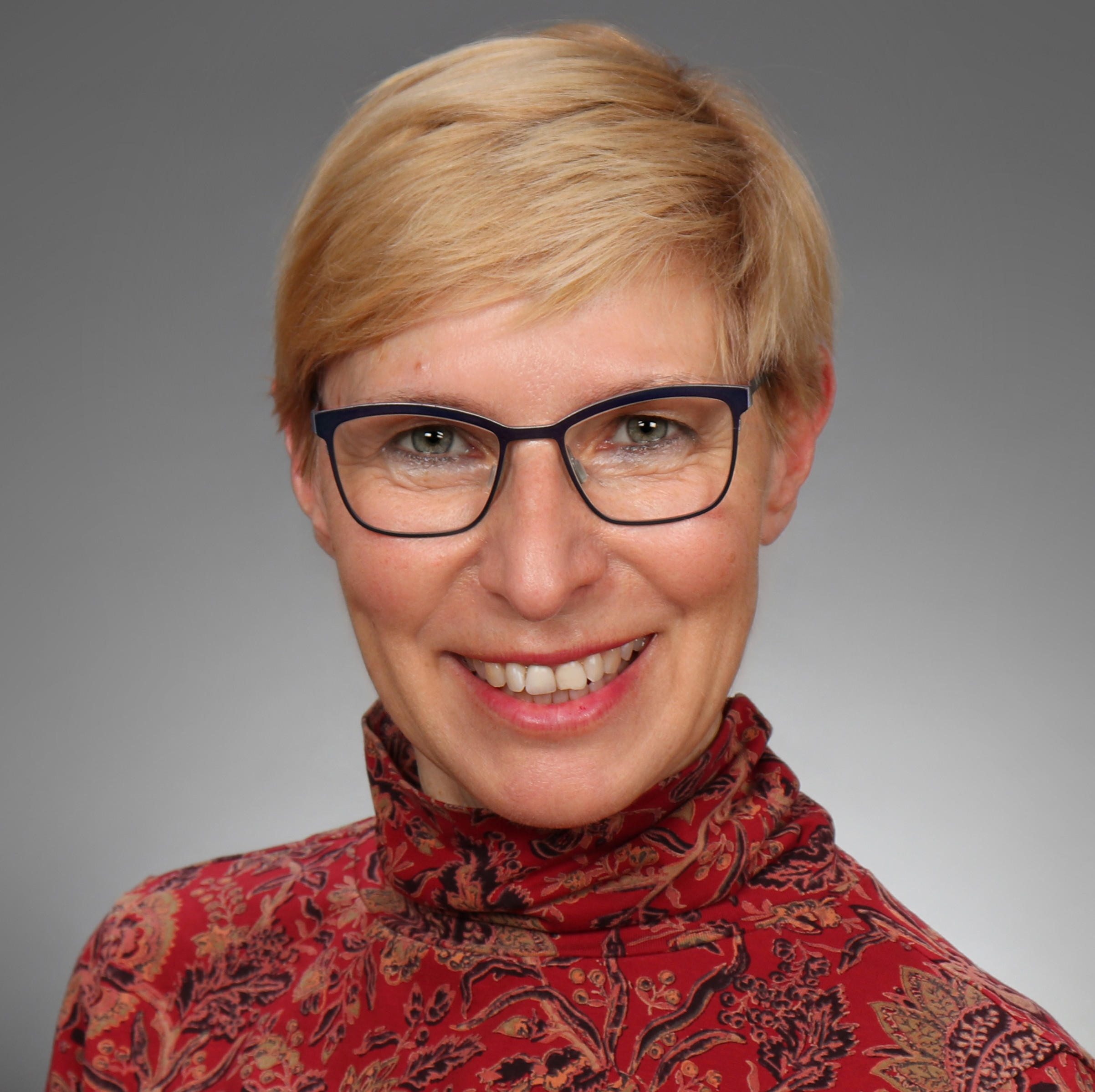
Christine Sers (Co-Chair)
Molecular Tumor Pathology
Institute for Pathology, Charité
The Sers group is an experimental cancer research group with a focus on signal transduction in colorectal, pancreatic and breast cancer. We systematically investigate options to treat cancers harbouring mutation in KRAS or BRAF oncogenes using targeted therapies and analyse intrinsic and adapted resistance mechanisms. We use a wide spectrum of cell and molecular methods both bulk and at the single cell level and actively collaborate with partners worldwide for advanced bioinformatics analysis, metabolic alterations and large scale CRISPR/Cas9 approaches.
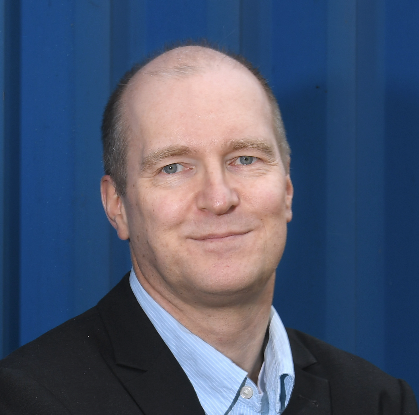
Dieter Beule
Translational Bioinformatics
Berlin Institute of Health - BIH, Translational Research Unit of Charité – Universitätsmedizin Berlin
https://www.cubi.bihealth.org/team/dieter-beule/
Dieter Beule holds a PhD in Theoretical Physics, entered into bioinformatics research in the last millennium and has an industry track record in bioinformatics and medical device software. He build the Core Unit Bioinformatics that provides highly specialized data analysis services for biomedical research at the BIH, the MDC and Charité, while also developing new technologies and techniques for bioinformatics data processing. Professor Beule’s research focuses on the development of methods for efficient, reproducible and reliable omics data analysis and the development of new technologies for interdisciplinary data use, including all the necessary system and process innovations. He is involved in numerous large research networks, such as the German Human Genome-Phenome Archive (GHGA) and the German Genomics Initiative (genomDE) as well as in near clinic applications of omics technologies e.g. with the CCCC molecular tumor board, the BIH Clinical Single Cell Pipeline or the MSTARS project.
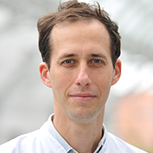
David Capper
Molecular Neuropathology and Tumorepigenetics
Institute of Neuropathology, Charité and German Cancer Consortium (DKTK), partner site Berlin
https://neuropathologie.charite.de/en/research/molecular_neuropathology_and_tumorepigenetics/
The research group "Molecular Neuropathology" works on the analysis of molecular changes in brain tumors and other tumor diseases. A special focus is on epigenetic alterations and the application of these changes for tumor classification. The aims of this research group include: expanding the molecular characterization of brain tumors, the identification of oncogenic drivers in rare brain tumors, investigating the mechanisms underlying tumor development, developing machine learning based approaches for brain tumor classification and the translational application of new diagnostic tools.
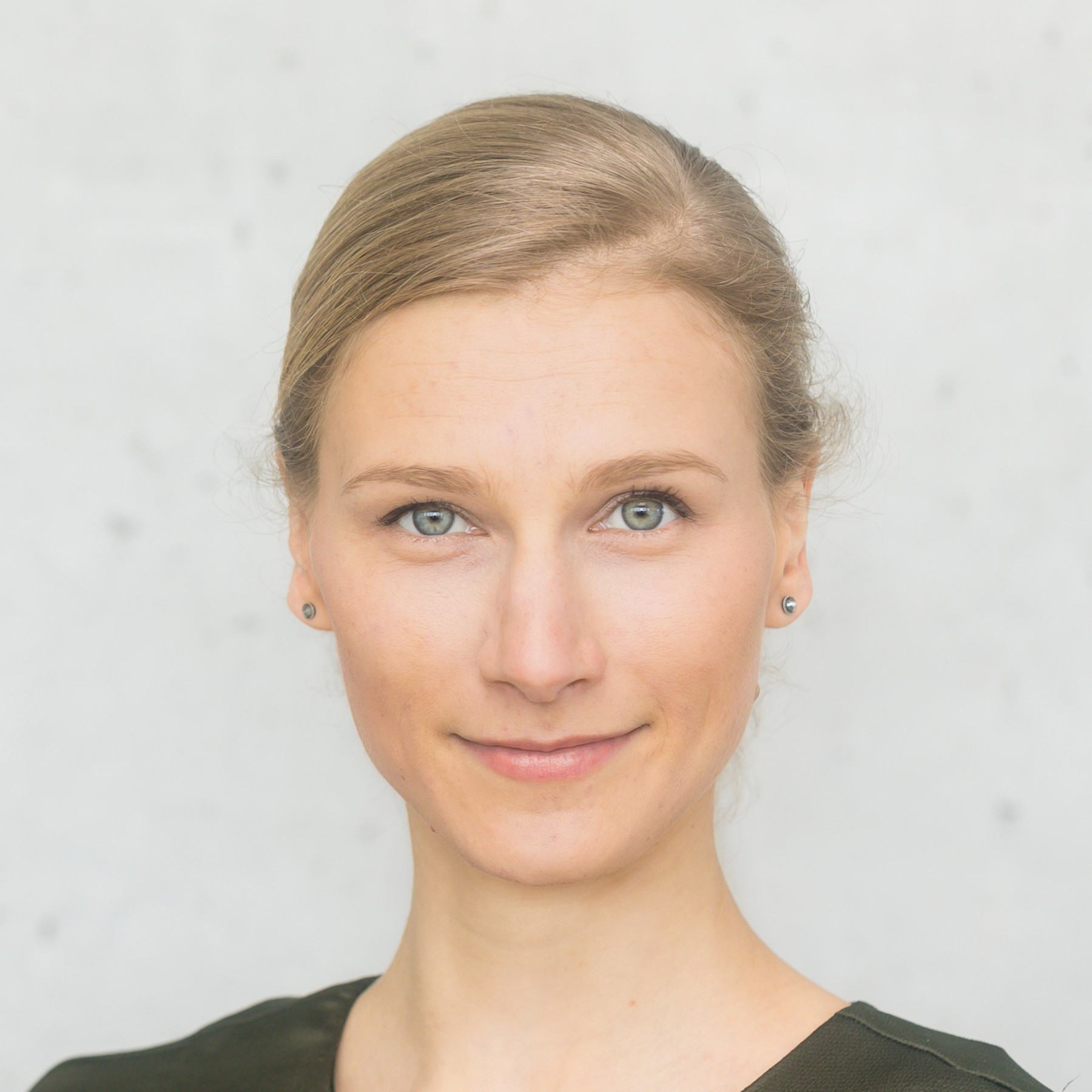
Stefanie Grosswendt
From Cell States to Function
Single-Cell Focus Area of the Berlin Institute of Health at Charité and the Max-Delbrück-Centrum (MDC) for Molecular Medicine
https://www.mdc-berlin.de/grosswendt
Within tissues, cells physically interact and communicate with each other, affecting their gene activity and thus their properties and fate. To decode the underlying rules of these interactions, we need to investigate the gene expression of individual cells within their multicellular context. The Grosswendt group is a team of experimental and computational scientists developing single-cell transcriptomics approaches that make this possible. By investigating the link between a cell's expression and the information it receives from its tissue environment in complex systems such as the embryo and tumors, we aim to decipher how cell decisions are orchestrated for the embryonic neural crest lineage and its derived cancer, neuroblastoma.
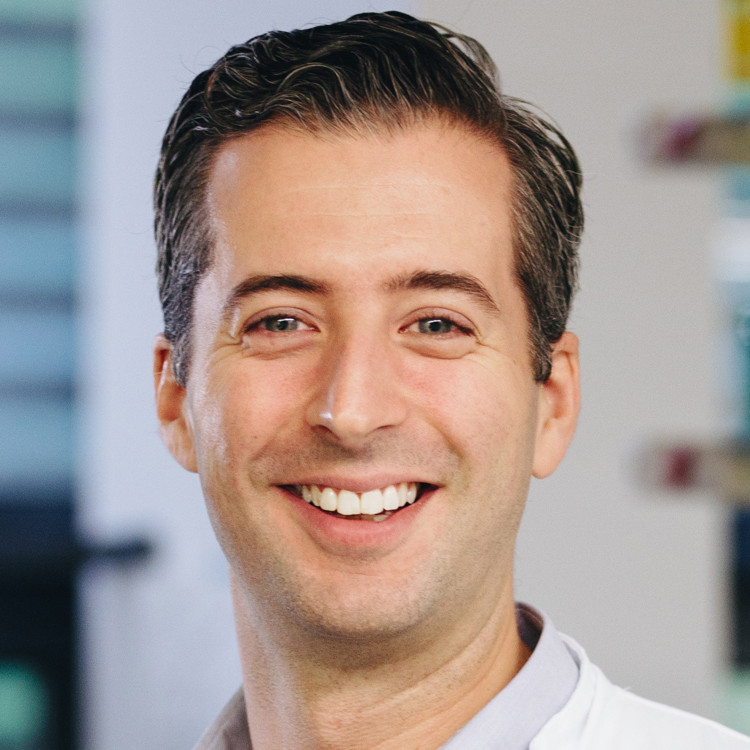
Anton Henssen
Functional Genomics of Pediatric Cancers
Experimental and Clinical Research Center (ECRC) of the MDC and Charité
Anton Henssen is a physician scientist working at the Experimental and Clinical Research Center (ECRC) of the Max Delbrück Center (MDC) and Charité Berlin. His laboratory tries to identify the causes and clinical consequences of genomics instability in cancer. Extrachromosomal oncogene amplification (ecDNA) is a particular interest of his laboratory. Using multi-omics and single cell DNA sequencing approaches, his laboratory studies the role of extrachromosomal circular DNA in cancer.
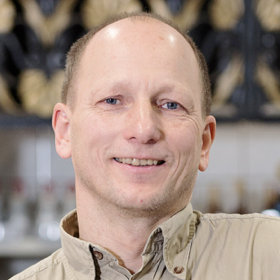
Hanspeter Herzel
Theoretical Chronobiology
Institute for Theoretical Biology, Humboldt University Berlin
https://itb.biologie.hu-berlin.de/wiki/groups/herzel
Our theoretical group applies methods from dynamical systems and bioinformatics to topics of molecular chronobiology. The mammalian circadian clock regulates about 10% of all genes and coordinates physiological rhythms with the environment. We study rhythmicity in cell lines, tissues, and patients in order to understand the underlying gene-regulatory feedback loops and synchronization within tissues. Mathematical models are applied to optimize entrainment and chronotherapeutic strategies.
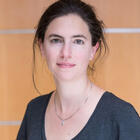
Dagmar Kainmüller
Biomedical Image Analysis
Max-Delbrück-Centrum and Faculty of Digital Engineering (University of Potsdam)
https://www.mdc-berlin.de/kainmueller
The Kainmueller Lab pursues theoretical advances in machine learning and combinatorial optimization to solve challenging image analysis problems in biology.Their aim is to facilitate scientific discovery via automated analysis of high-throughput microscopy data. The focus is on capturing biological prior knowledge in machine learning models for accurate cell segmentation, annotation, and tracking, and the development ofcomputationally efficient solvers for the underlying optimization problems. For example, epithelial cells have approximately polygonal shapes and they form honeycomb-like grids. Their methods exploit such knowledge for improved segmentation accuracy.
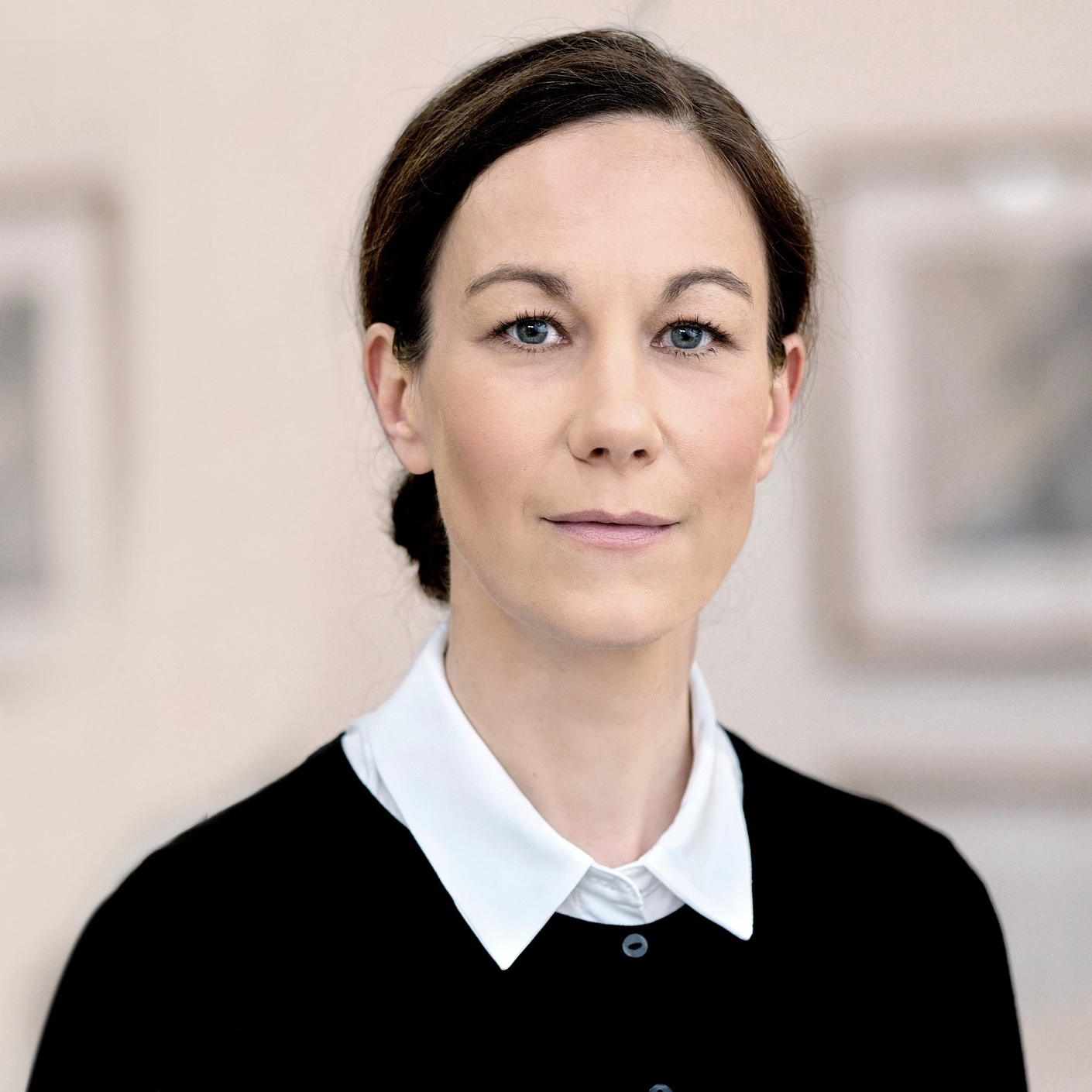
Kirsten Kübler
Early Cancer Development and Prevention
Berlin Institute of Health (BIH), Charité
The Kübler lab is an interdisciplinary research group working at the interface of biology, computational biology, and medical oncology. The lab uses and develops approaches from experimental and computational biology to better understand processes and genomic changes that drive tumorigenesis, particularly with regard to early cancer transformation. The lab is dedicated to pushing the boundaries of cancer research and improving our understanding of tumorigenesis for the benefit of patients.
Prof. Kübler is a physician scientist with clinical oncology training. Her clinical expertise is complemented by a strong background in cancer genomics using wet lab and bioinformatic methods.
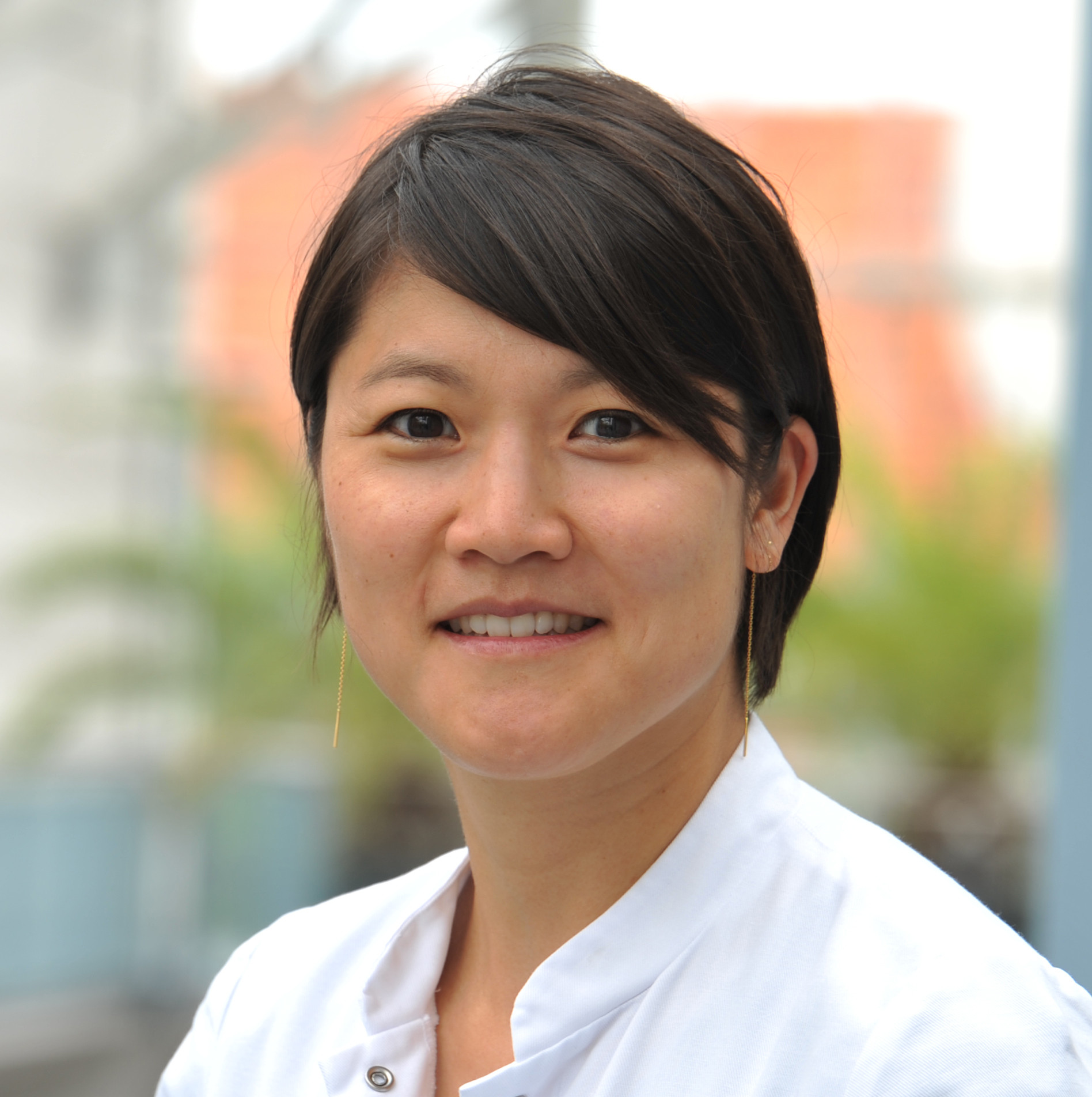
Il-Kang Na
Immune system defects and dysfunctions in tumor patients
Berlin Institute of Health
The Na lab investigates defects and dysfunctions of the immune system in cancer patients. Focus are disease- and therapy-induced effects on immune cells, tumor cells and their interaction as well as the reconstitution of the immune system after treatment. We pursue a “next generation staging” in order to better understand the dynamic changes during conventional chemotherapy, targeted therapies, and immunotherapies. For this purpose, we longitudinally and comprehensively monitor dynamic modifications of the immune system, the tumor and the tumor microenvironment enforced by the chosen treatment. Aims are the gain of critical individualized information for tailored treatment approaches (combination strategies, patient selection, novel targets) and the development of novel strategies to restore the immune competence after treatment.
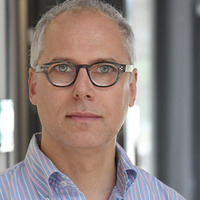
Martin Vingron
Transcriptional Regulation
Max Planck Institute for Molecular Genetics
https://www.molgen.mpg.de/93952/vingron-lab
The transcriptional regulation group pursues methods development and collaborative data analysis in the fields of transcription factor-based and epigenetic gene regulation, and works on analysis of genomic sequences in search for regulatory effects of mutations. We try to closely integrate theoretical efforts with applications in a tight feedback loop, where concrete data analysis projects suggest methodical developments and new methods get tested in our collaborations. We develop methods for construction of biological networks and apply statistical and machine learning methods to a variety of data analysis and data integration tasks.